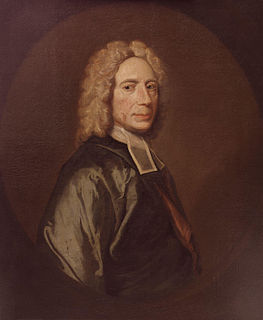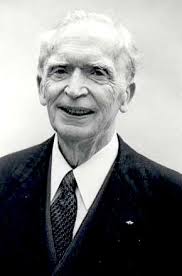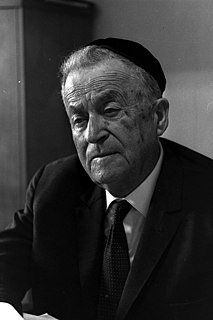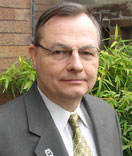A Quote by Isaac Watts
Once a day, especially in the early years of life and study, call yourselves to an account what new ideas, what new proposition or truth you have gained, what further confirmation of known truths, and what advances you have made in any part of knowledge.
Related Quotes
You grow old when you lose interest in life, when you cease to dream, to hunger after new truths, and to search for new worlds to conquer. When your mind is open to new ideas, new interests, and when you raise the curtain and let in the sunshine and inspiration of new truths of life and the universe, you will be young and vital.
To be born again is, as it were, to enter upon a new existence, to have a new mind, a new heart, new views, new principles, new tastes, new affections, new likings, new dislikings, new fears, new joys, new sorrows, new love to things once hated, new hatred to things once loved, new thoughts of God, and ourselves, and the world, and the life to come, and salvation.
It is part of the educator's responsibility to see equally to two things: First, that the problem grows out of the conditions of the experience being had in the present, and that it is within the range of the capacity of students; and, secondly, that it is such that it arouses in the learner an active quest for information and for production of new ideas. The new facts and new ideas thus obtained become the ground for further experiences in which new problems are presented.
Real progress in understanding nature is rarely incremental. All important advances are sudden intuitions, new principles, new ways of seeing. We have not fully recognized this process of leaping ahead, however, in part because textbooks tend to tame revolutions...They describe the advances as if they had been logical in their day, not all shocking.
We have new media, new forms of connectivity, and an enormous transference of knowledge. When you study evolution, you see that when new genes meet and multiply, they create new contexts and new species. In a sense, the gene-pool of knowledge and of people connecting at all levels is literally spawning a kind of mind-pool of possibilities.
It is well, when the wise and the learned discover new truths; but how much better to diffuse the truths already discovered, amongst the multitude! Every addition to true knowledge is an addition to human power; and while a philosopher is discovering one new truth, millions may be propagated amongst the people. Diffusion, then, rather than discovery, is the duty of our government.
My cousin Roger once told me, on the eve of his third wedding, that he felt marriage was addictive. Then he corrected himself. I mean early marriage, he said. The very start of a marriage. It's like a whole new beginning. You're entirely brand-new people; you haven't made any mistakes yet. You have a new place to live and new dishes and this new kind of, like, identity, this 'we' that gets invited everywhere together now. Why, sometimes your wife will have a brand-new name, even.
Though we [Humanists] take a strict position on what constitutes knowledge, we are not critical of the source of ideas. Often intuitive feelings, hunches, speculation, and flashes of inspiration prove to be excellent sources of novel approaches, new ways of looking at things, new discoveries, and new information. We do not disparage those ideas derived from religious experience, altered states of consciousness, or the emotions; we merely declare that testing these ideas against reality is the only way to determine their validity as knowledge.
Any day we wish we can discipline ourselves to change it all. Any day we wish; we can open the book that will open our mind to new knowledge. Any day we wish; we can start a new activity. Any day we wish; we can start the process of life change. We can do it immediately, or next week, or next month, or next year.


































